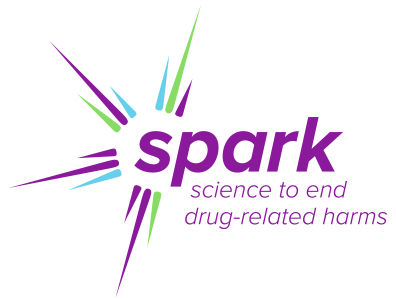Title: COMMUNITY RANDOMIZED TRIAL IN THE CHEROKEE NATION: CONNECT AND CMCA FOR PREVENTING DRUG MISUSE AMONG OLDER ADOLESCENTS
Project Number: 1UG3DA050234-01
Former Number: 1UG3MD014884-01
Contact PI / Project Leader: KOMRO, KELLI ANN
Awardee Organization: EMORY UNIVERSITY
Abstract Text:
The national public health opioid crisis has disproportionately burdened rural white populations, and disproportionately burdened American Indian populations. Therefore, the Cherokee Nation (CN) and Emory University public health scientists have designed an opioid prevention trial to be conducted in at-risk rural communities in the CN (in northeast Oklahoma) with white and American Indian adolescents and young adults. Our goal is to implement and evaluate a theory-based, integrated multi-level community intervention designed to prevent the onset and escalation of opioid and other drug misuse. Two distinct intervention approaches— community organizing as implemented in our established CMCA intervention protocol, and universal school- based brief intervention and referral as implemented in our established CONNECT intervention protocol—will be expanded and integrated to further enhance their effects in preventing and reducing opioid misuse. The CMCA and CONNECT interventions were originally designed to target adolescent alcohol use, but nevertheless showed significant beneficial effects on use of other drugs, including prescription drug misuse. The proposed study will: (1) further improve the design of the interventions with increased focus on opioids, (2) test the expanded, integrated versions in a community randomized trial, and (3) design and test new systems for sustained implementation within existing structures of the Cherokee Nation. Building upon the extant prevention science evidence, our study will respond to a gap in evidence concerning opioid misuse prevention among at-risk adolescents transitioning to young adulthood among American Indian and other rural youth. Our previous trial, conducted in partnership with the Cherokee Nation ended with youth attaining age 18; the proposed new trial will additionally advance the science regarding strategies to engage young adults as they transition beyond high school. During the UG3 planning phase we will (1) expand and integrate a theory-based multi-level preventive intervention package for the critical developmental period of late adolescence to young adulthood, (2) develop implementation, proximal and opioid and other drug use outcome measures, and (3) prepare for the initiation of the trial. During the UH3 trial phase we will (1) implement interventions through Cherokee Nation and measure implementation processes and fidelity, (2) measure proximal and opioid and other drug use outcomes every six months among a cohort of 10th grade students from 16 schools followed over three years through their transition out of high school, (3) test via a community randomized trial the effect of the integrated CMCA-CONNECT intervention, and (4) analyze implementation costs and cost-effectiveness. This trial will expand upon our previous research to substantially advance the scientific evidence regarding prevention of opioid and other drug misuse during the critical developmental period of late adolescent transitions to young adulthood.
